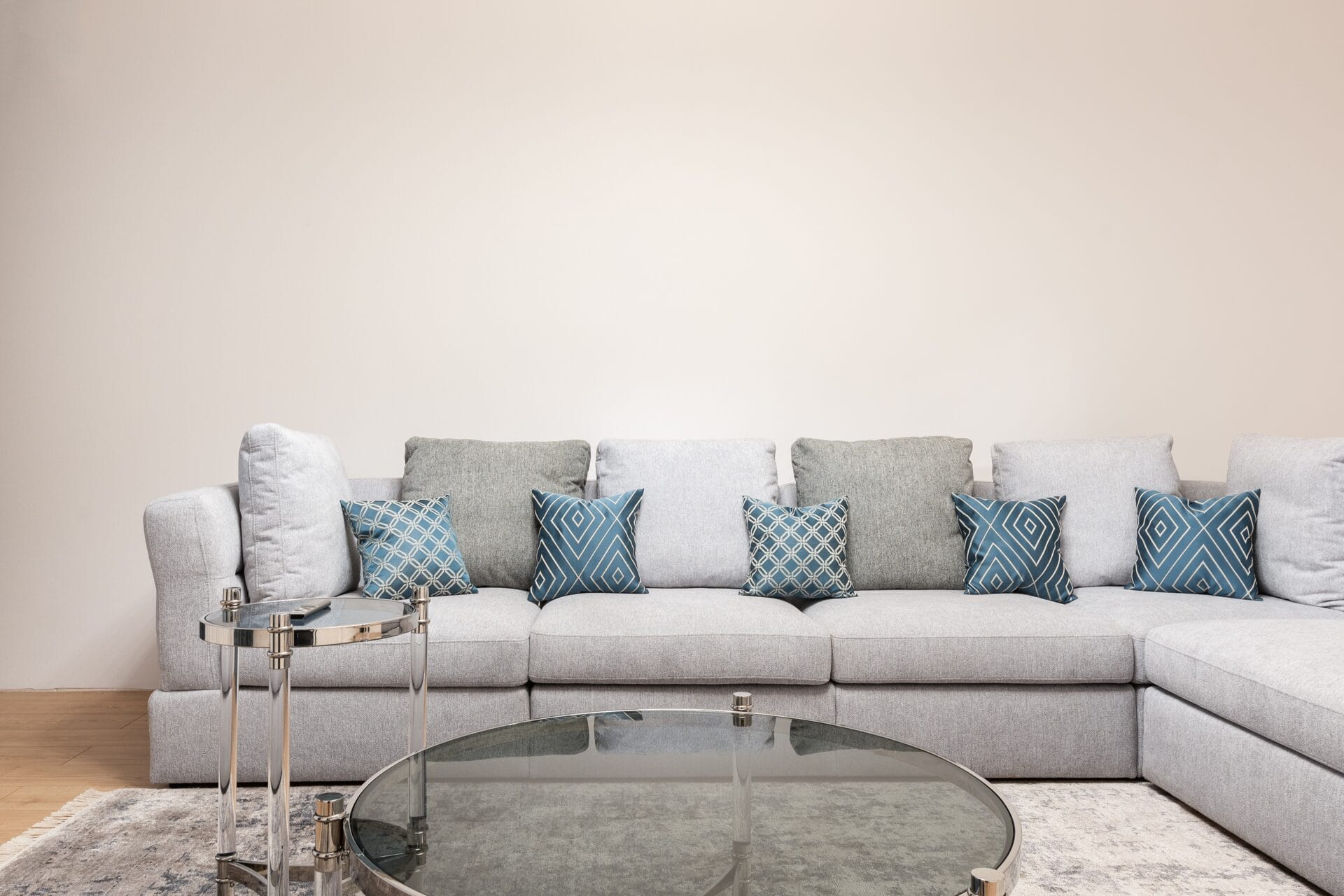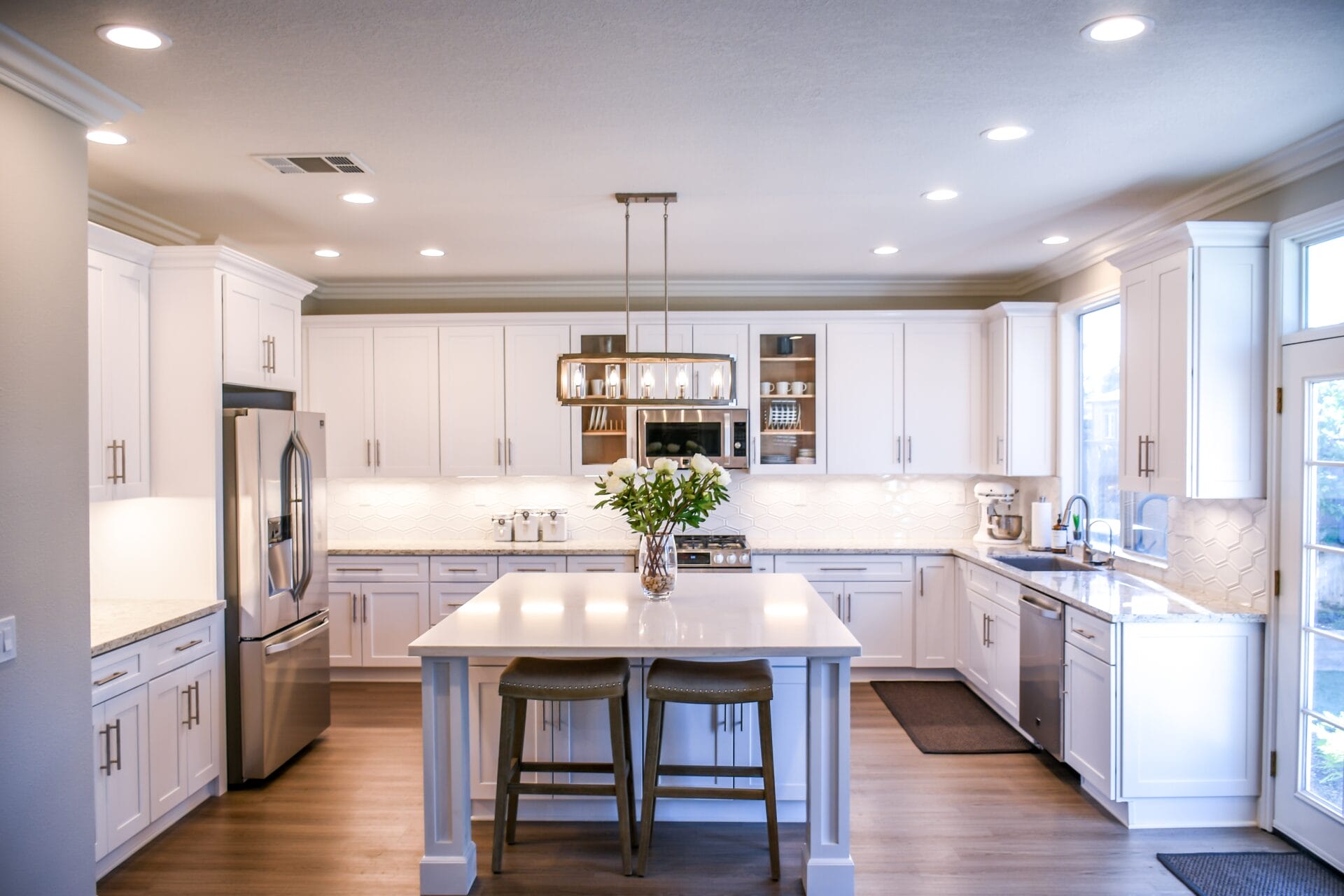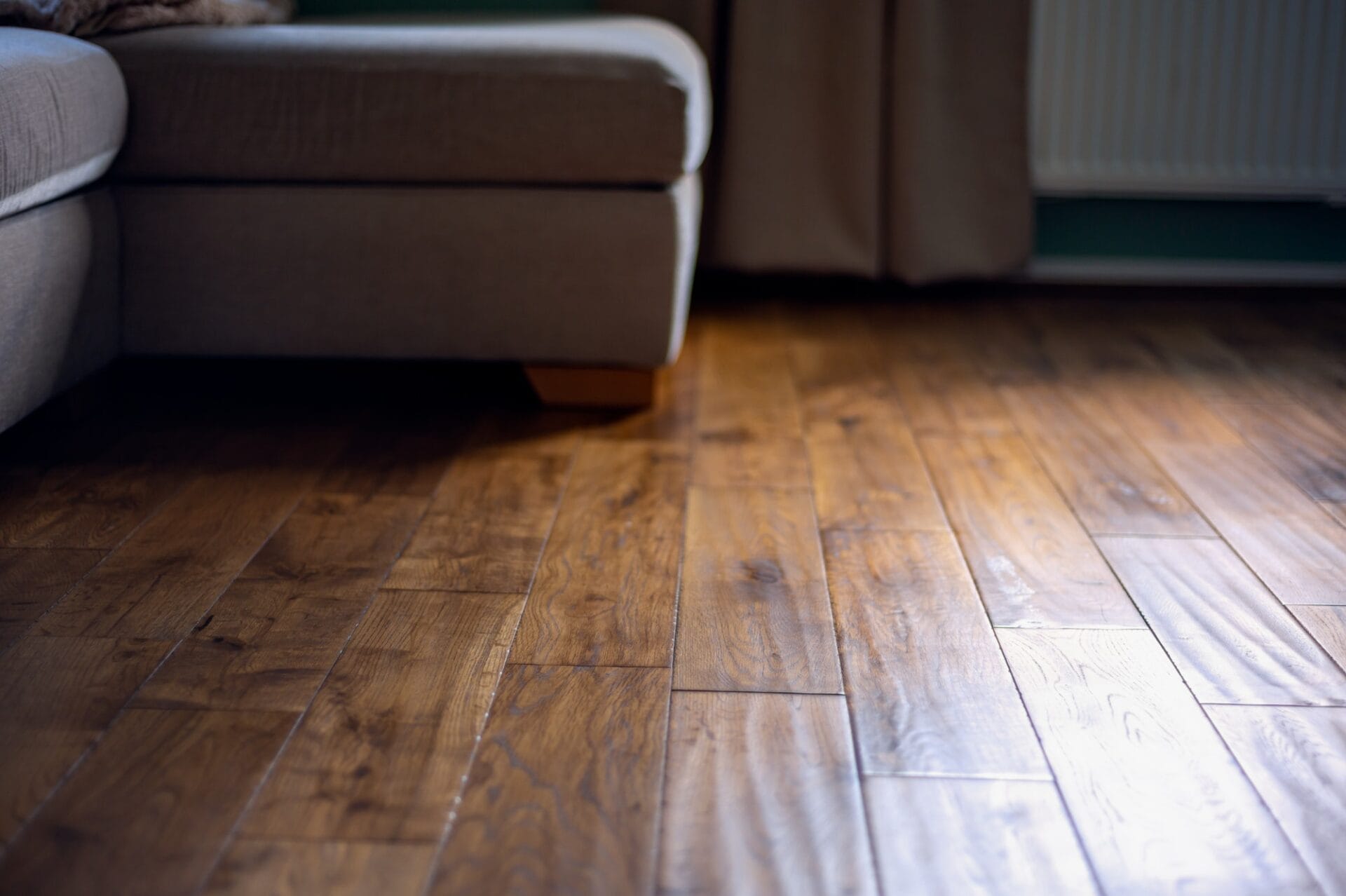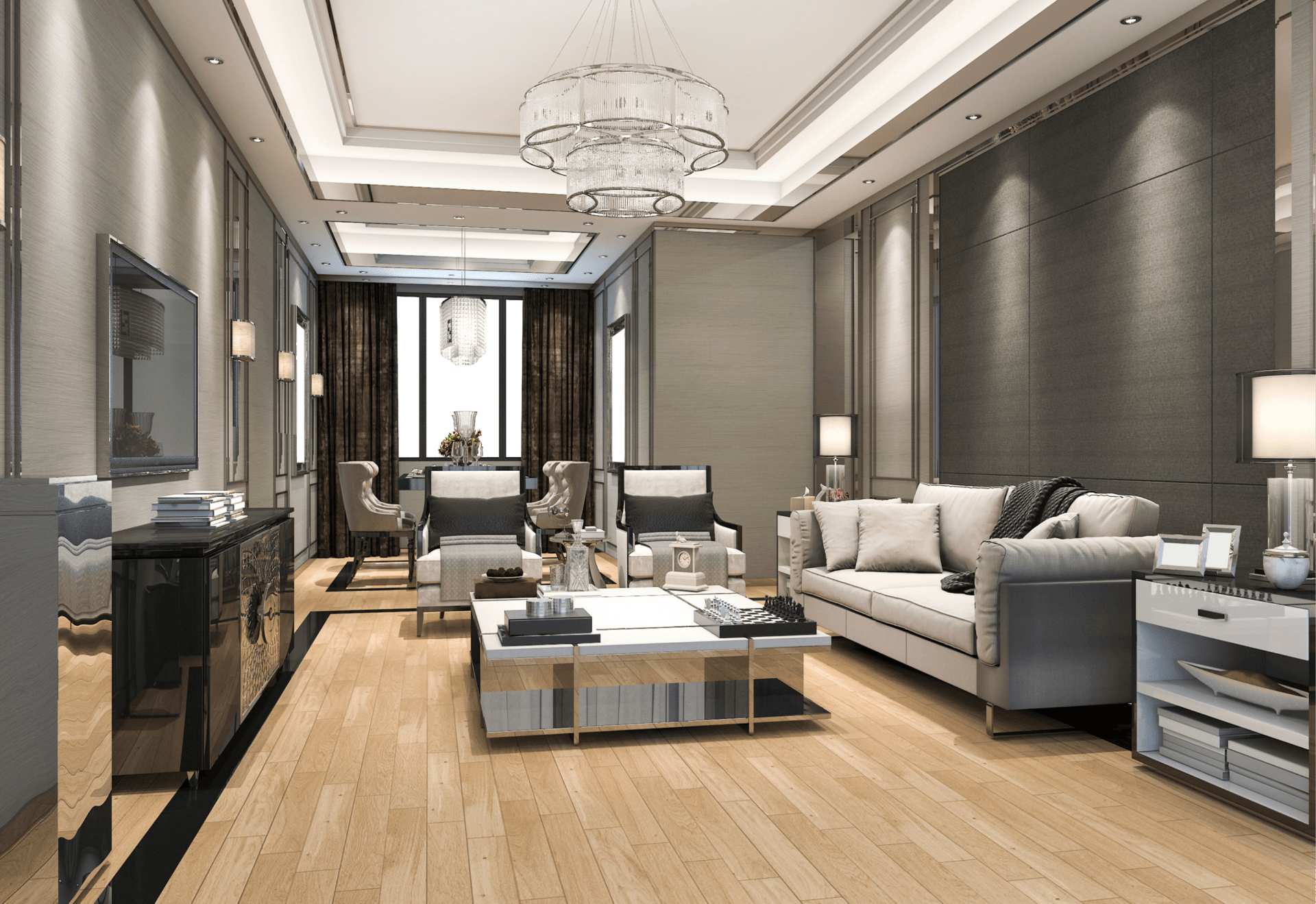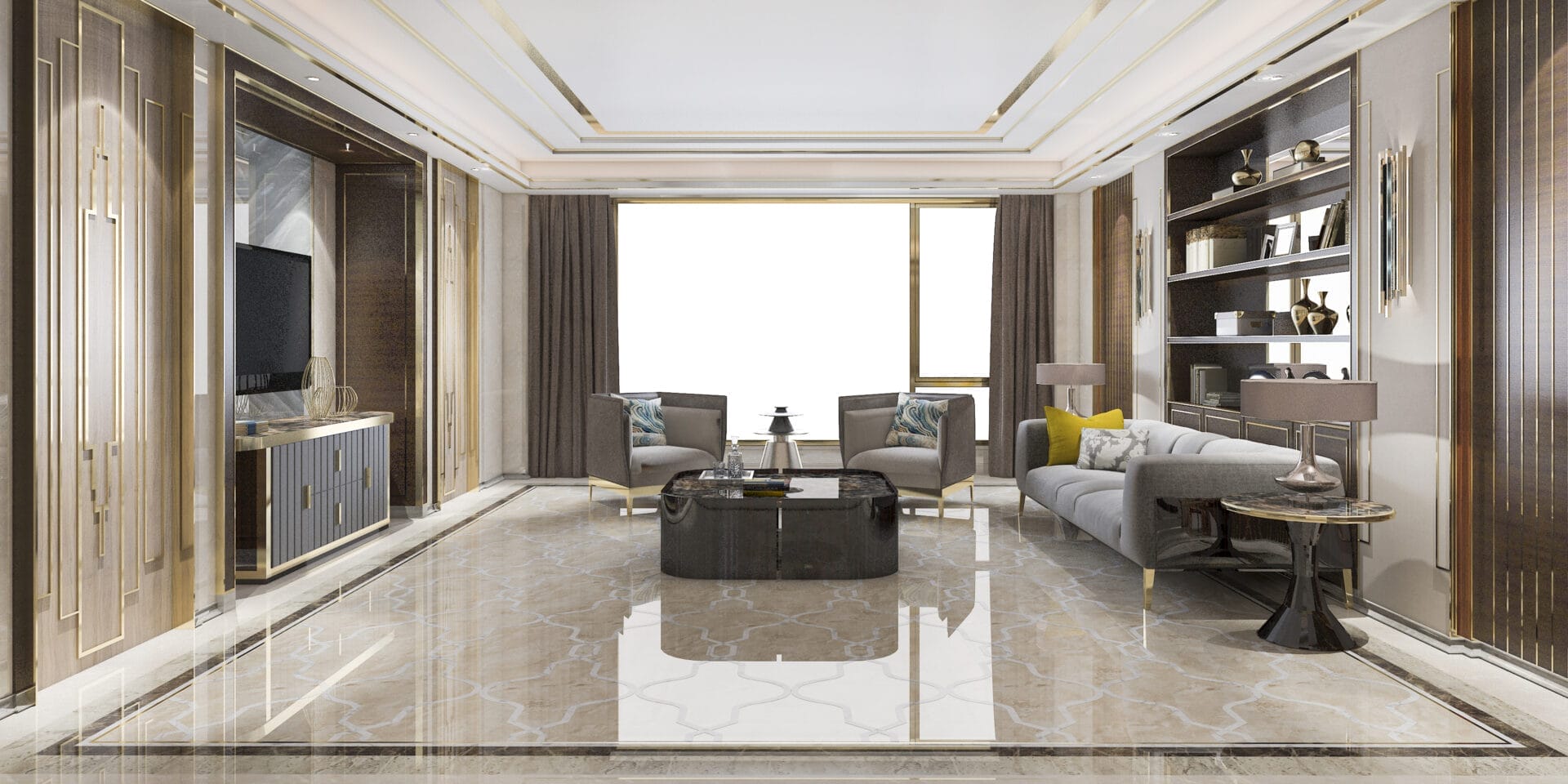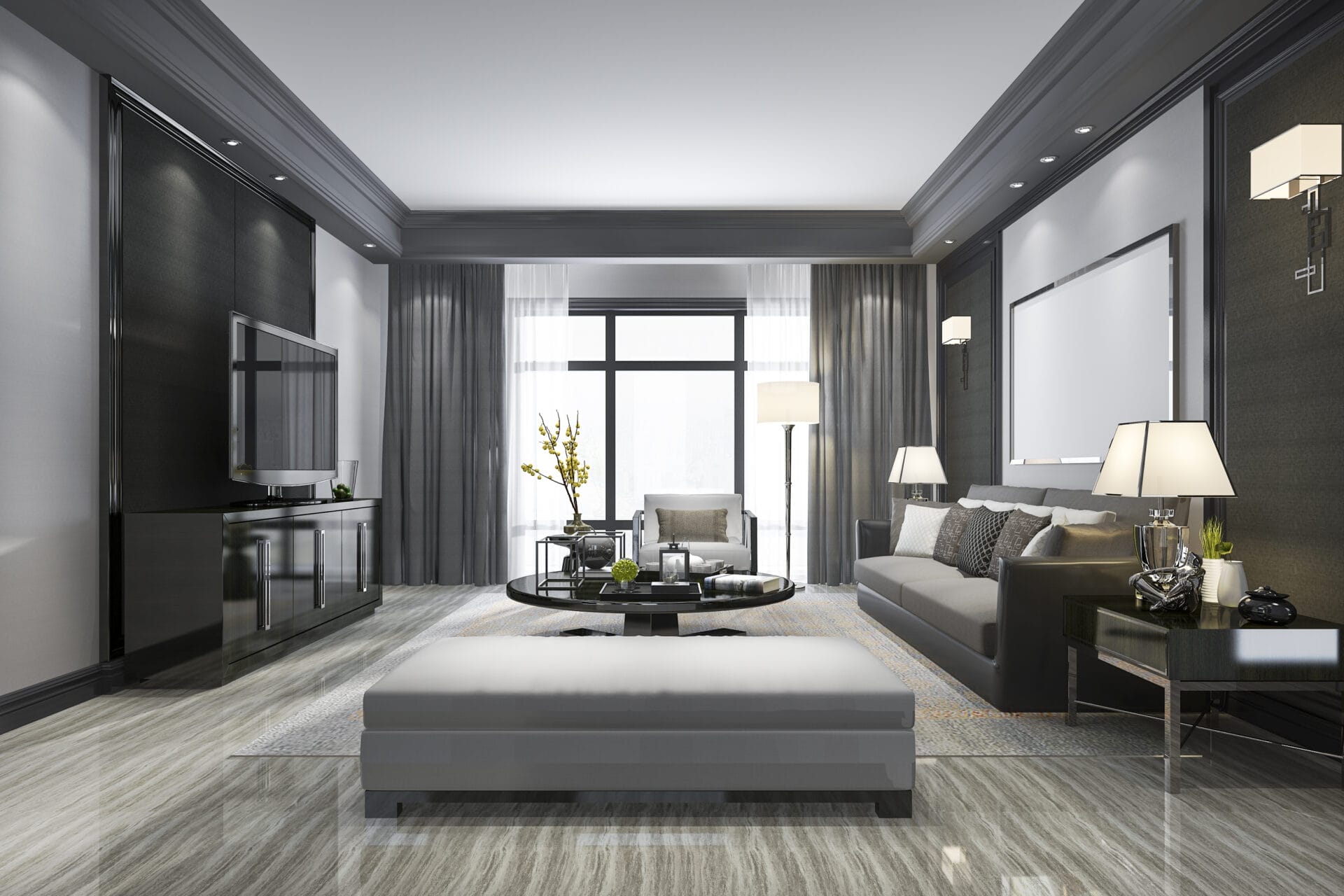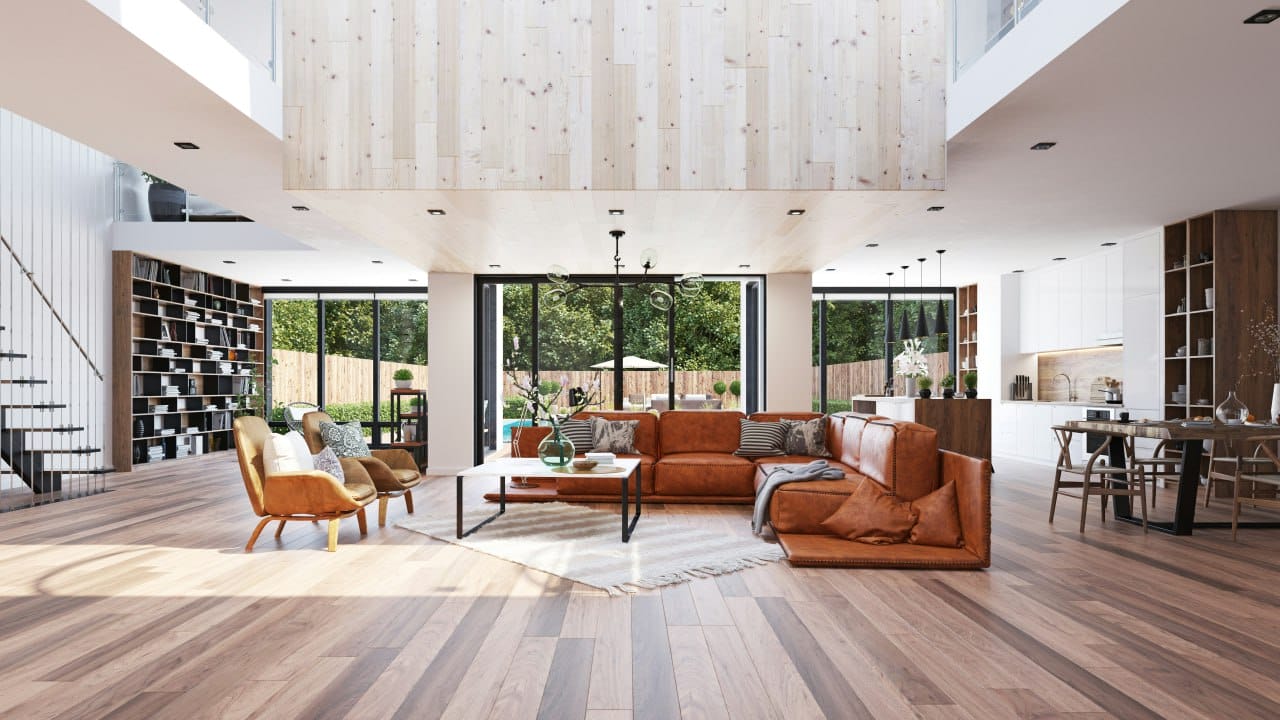Luxury vinyl plank (LVP) flooring has become increasingly popular among homeowners and businesses alike, offering a versatile and durable flooring option. At H&R Carpet in Waco, TX, we’ve seen firsthand the rise in demand for LVP flooring, and it’s no surprise given its many benefits. However, like any flooring option, it also has its drawbacks. In this article, we’ll delve into the pros and cons of luxury vinyl plank flooring to help you make an informed decision for your space.
One of the most significant advantages of LVP flooring is its durability. It’s resistant to scratches, dents, and stains, making it an excellent choice for high-traffic areas and homes with pets or children.
LVP flooring is highly resistant to water and moisture, which makes it suitable for areas like kitchens, bathrooms, and basements where spills and moisture are common.
Maintaining LVP flooring is a breeze. Regular sweeping and occasional mopping with a mild cleaner are all that’s needed to keep it looking like new.
Modern LVP flooring mimics the look of natural wood, stone, or ceramic tiles so closely that it’s often difficult to tell the difference. This allows for a luxurious aesthetic without the high cost of natural materials.
LVP flooring is softer underfoot compared to hard surfaces like tile or wood. It also provides better sound insulation, reducing noise levels in your space.
LVP flooring can be installed quickly and easily, often with a click-lock system that doesn’t require adhesives. This makes it a great option for DIY enthusiasts or for quick renovations.
While LVP flooring is durable, it can be susceptible to fading if exposed to direct sunlight for extended periods. Using curtains or UV-protective coatings can help mitigate this issue.
While LVP flooring is more affordable than natural wood or stone, it can still be more expensive than other types of flooring like laminate or carpet. However, its durability and longevity can make it a cost-effective choice in the long run.

